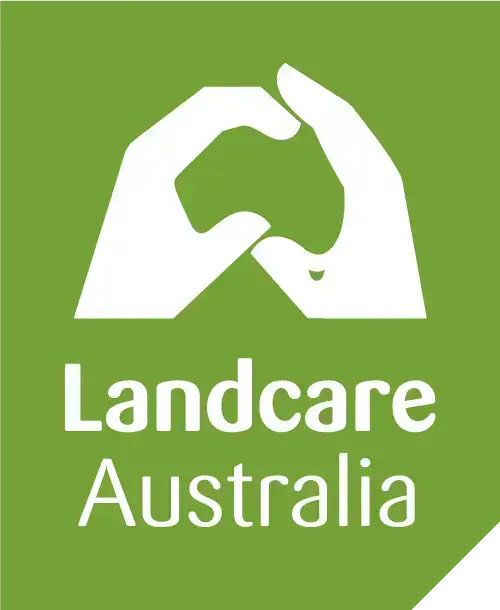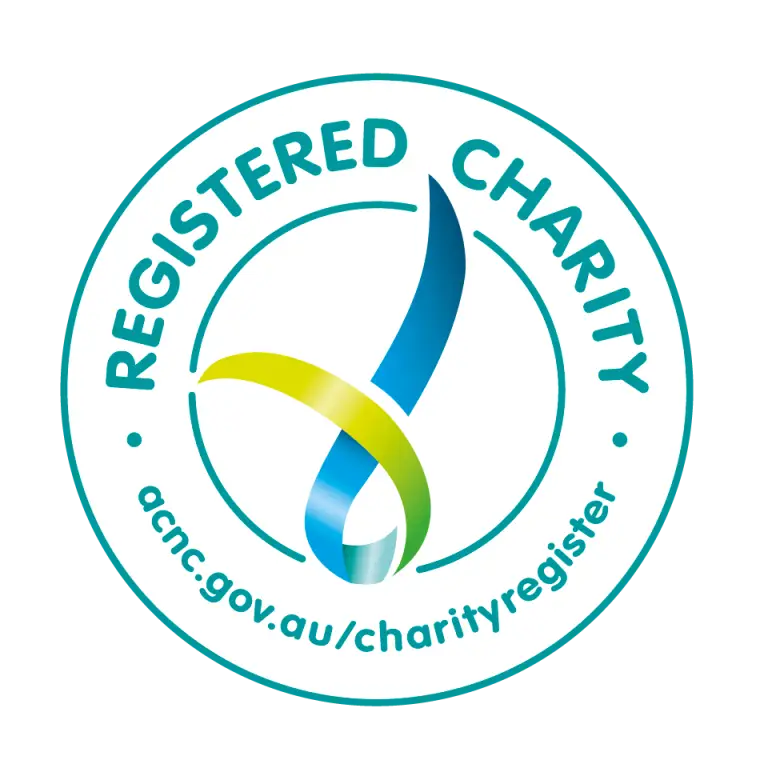Since 2012, we’ve grown to support multiple member groups and hundreds of volunteers, all working towards a common goal on both public and private land: creating a biodiverse, connected, and sustainable landscape in our rapidly growing region.
WULN’s mission encompasses a wide range of activities, from restoring waterways, hilltops and habitat, to promoting backyard biodiversity. We facilitate citizen science projects, connect diverse communities with nature, and lead collaborative environmental actions. Our work extends beyond urban areas, supporting Landcare initiatives in rural settings to ensure comprehensive environmental stewardship across the region.
Our key initiatives include the popular Gardens for Wildlife program, the Healthy Hectares program for small landholders, citizen science training and events and partnerships with local schools. Through community education events, hands-on volunteer work, and strategic partnerships with local authorities and organisations, WULN is making a meaningful impact on our local environment.
We invite you to join us in this important work. Together, we can create a biodiverse, connected, and sustainable landscape that will benefit current and future generations.
Your involvement can make a real difference to our region’s environmental future.
Make a tax deductible donation to our group through Landcare Victoria.
Please elect to support the Wodonga Urban Landcare Network to ensure funds are directed to us!
We acknowledge and respect the Traditional Owners and First Nations people of the lands and waters of Wodonga and surrounds. We acknowledge the continued connection to land, water and community, their ability to care for Country and their deep spiritual connection to it.
We pay our respects to Elders past, present and emerging whose knowledge and wisdom has ensured the continuation of culture and traditional practices.
We are committed to genuine partnerships and engagement with Traditional Owners and First Nations people to support the protection of Country.
We are proud that Wodonga has retained its Aboriginal name and refers to Bulrushes found on the edge of waterways.

